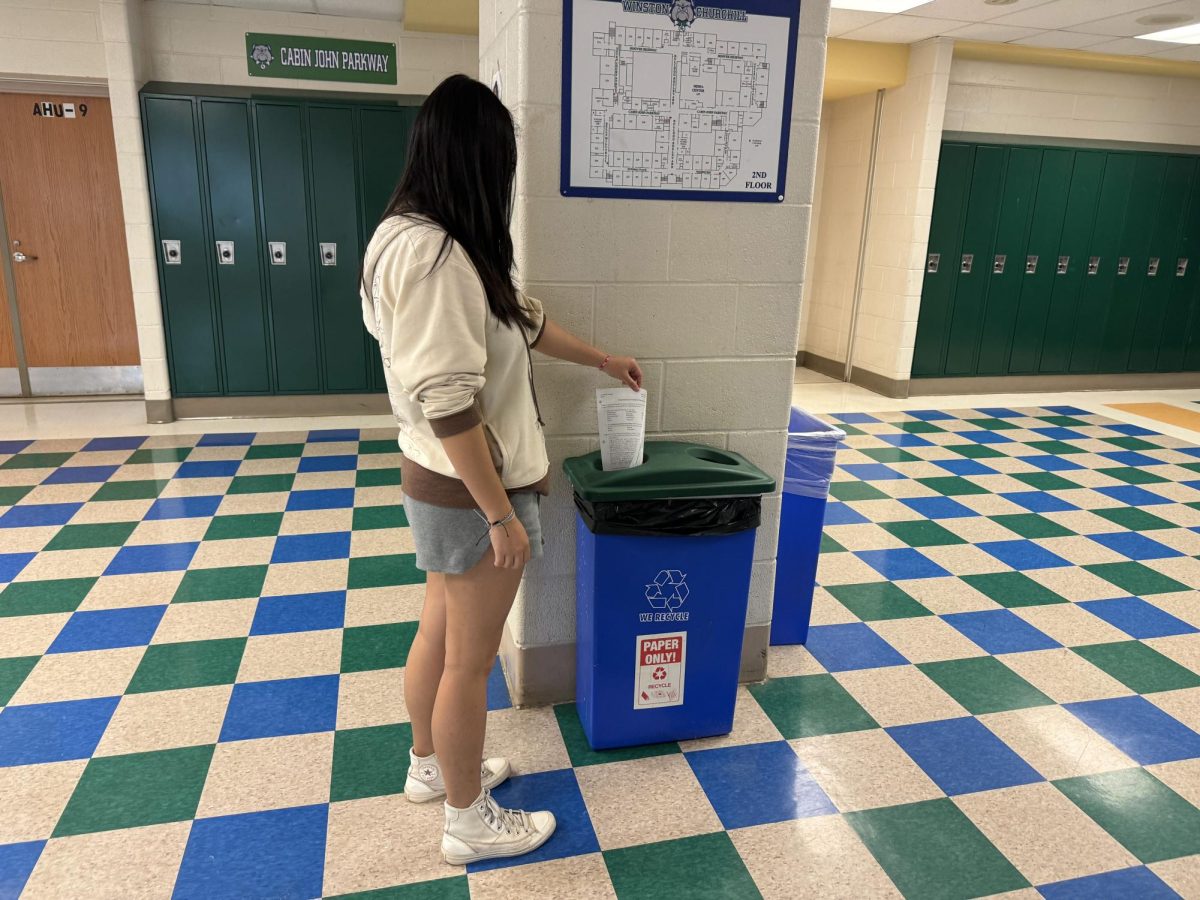President Barack Obama plans to grant waivers to states which will allow them to bypass certain provisions of the No Child Left Behind (NCLB) Act if they implement other education reforms.
Under the waivers, states will be able to opt out of a major part of the law that requires all students to be proficient in reading and mathematics by 2014.
“There is a broad, bipartisan understanding that NCLB needs to be reauthorized,” said Dana Tofig, director of the MCPS Department of Public Information and Web Services. “Hopefully the waivers will provide relief while Congress makes changes that will have a positive impact on education.”
According to a Sept. 23 Washington Post article, in exchange for waivers, states will be required to develop their own standards for college and career readiness and provide a means of evaluating teachers and principals.
According to William Reinhard, a spokesman for the State Department of Education, Maryland has already implemented many conditions of the waivers through its Race to the Top program. Under Race to the Top, the federal government gives grants to states to improve various aspects of education.
Despite this, Reinhard is unsure about whether applying for a waiver is in Maryland’s best interests.
“We’re considering it, but we have not made a decision on whether or not to apply because we have to learn more about it,” Reinhard said. “The law itself needs to be updated and there [are] a lot of points in the law that should be changed.”
According to Reinhard, Maryland students are performing well, but the state is not on track to meet the 100 percent proficiency requirement, nor is any other state in the country.
According to a Sept. 22 Washington Post article, one-third of Maryland schools are considered failing under the NCLB.
According to the Maryland State Department of Education Adequate Yearly Progress (AYP) report, 30 Montgomery County schools are not making AYP in meeting subject proficiency levels for all students. Seventy-seven schools, including Cabin John Middle School, are not making AYP in meeting subject proficiency levels for certain subgroups of students, including African American students, special education students, students of two or more races, students who are eligible for free and reduced-price meals, students with limited English proficiency and Hispanic or Latino students.
According to the same Sept. 22 Post article, if a state is granted a waiver, it will be required to focus on improving the bottom five percent of schools, as well as the ten percent of schools with the lowest graduation rates or largest achievement gaps.
Linda Valli, the associate chair of the Department of Teaching, Learning, Policy and Leadership at the University of Maryland, has researched the effects of NCLB on classroom learning and has concluded that waivers would benefit states.
“Even though increased numbers of students are achieving proficiency on end-of-year high stakes tests, there’s little indication that better teaching, meaningful and lasting learning, love of learning or joy in learning are occuring because of NCLB,” Valli said.
World history teacher Christopher Forney understands the effects of NCLB because he used to teach at Damascus’ John T. Baker Middle School, which at the time was not making AYP.
“I think achieving 100 percent proficiency is a difficult goal, and I think that writing waivers would be a good thing to do,” Forney said.
Junior Maeve Tobin agrees that waivers could be beneficial.
“I feel like you can’t really force the proficiency at this point, so if people feel like they need more time they can back out,” Tobin said.
However, Principal Joan Benz is concerned about whether a waiver would be tailored to Maryland and MCPS’s individual needs.
“I am not a great proponent of massive federal intervention in education,” Benz said. “I feel that the Maryland State Department of Education and MCPS have the closest proximity to what our needs are.”
Overall, educators are most concerned with doing what is best for the students.
“At MCPS we use multiple measures to assess the success of our students, our staff and our school leaders,” Tofig said. “Certainly there are areas for improvement. But our students are far more than a test score to us. Our goal is to develop well-rounded students who are going to be successful in college and the work place.”







